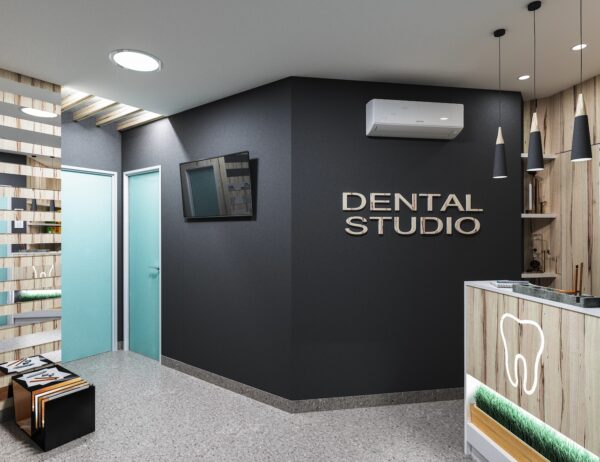For dentists, transitioning out of a practice is one of the biggest financial and emotional decisions of their careers. On our latest episode of Beyond Bitewings, we sat down with Steve Hipson, a seasoned dental practice broker. As the owner of the North Texas franchise of DDSmatch.com, Steve specializes in helping dentists successfully plan and execute practice transitions, and here is a synopsis of that conversation.
Start Preparing 3-5 Years in Advance
One of Steve’s key pieces of advice is to start planning 3 to 5 years before you plan to sell. While it may seem early, this timeline allows for strategic preparation that can significantly impact the value of your practice. Many dentists wait until they’ve started slowing down production, often due to burnout, injury, or lifestyle changes. But if production starts to decline, so does the value of the practice.
To avoid this, dentists need to get ahead of the curve and be proactive about maintaining production levels. This approach not only supports a higher valuation but also allows sellers to be more intentional about when and how they transition out of their practice.
Understand How Your Practice is Valued
When it comes to valuing a dental practice, dentists want to get fair market value assessments to get a clear, objective valuation based on revenue, production, and other key financial metrics. This removes the guesswork and sets clear expectations for both sellers and buyers.
Many dentists are also curious about EBITDA (Earnings Before Interest, Taxes, Depreciation, and Amortization), especially when dealing with DSOs (Dental Service Organizations). While EBITDA plays a major role in offers from DSOs, doctor-to-doctor sales prioritize different factors, like compatibility between the buyer and seller, the buyer’s clinical skills, and the location of the practice.
Selling to a Private Buyer vs. a DSO
One of the most critical decisions a dentist makes when selling a practice is whether to sell to another dentist or to a DSO. Both have pros and cons, and Steve’s advice is to remain open to both options.
Here’s a quick breakdown of the differences:
| Private Buyer (Doctor-to-Doctor) | DSO (Dental Service Organization) |
| Focus on compatibility and clinical fit | Focus on EBITDA and financial metrics |
| Buyer often plans to run the practice themselves | DSO manages the practice while hiring providers |
| Less emphasis on cost-cutting | DSOs may streamline operations and increase efficiencies |
| Simpler, relationship-driven process | Can result in higher offers but often involves stricter requirements |
DSOs are a great option for dentists who want to remain part of the practice after the sale. Many dentists like this approach because it allows them to continue practicing while offloading management responsibilities like HR, compliance, and vendor negotiations. On the flip side, doctor-to-doctor sales are often simpler and more personal, with a focus on matching buyer and seller personalities, skills, and values.
Confidentiality is Key
One of the top concerns for dentists planning to sell their practice is maintaining confidentiality. Dentists fear that if their staff or patients find out they’re planning to sell, it could cause panic, employee turnover, or disruptions in patient care. Look for partners that prioritize maintaining confidentiality in every transition. All communications and negotiations should be handled discreetly, and announcements should only made when the sale is complete and both parties are ready.
The Importance of Hiring the Right Team
Transitioning a dental practice isn’t a solo endeavor; it requires a team of experienced professionals, including:
- Brokers to manage the sale process and negotiations
- CPAs to ensure the financials are in order
- Attorneys to handle the legal side of the transaction
- Lenders to assist buyers with financing
DDS Match refers to their approach as a “trusted transition process”, where his team works with the seller, buyer, and support professionals from start to finish. They focuses on creating smooth transitions where both the buyer and seller walk away satisfied.
How to Get Started
If you’re thinking about selling your practice or just want to explore your options, start early. If you’d like to connect with Steve Hipson for more information, you can reach him at s.hipson@ddsmatch.com or visit ddsmatch.com to learn more about his process for buying and selling dental practices.




